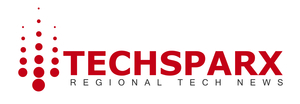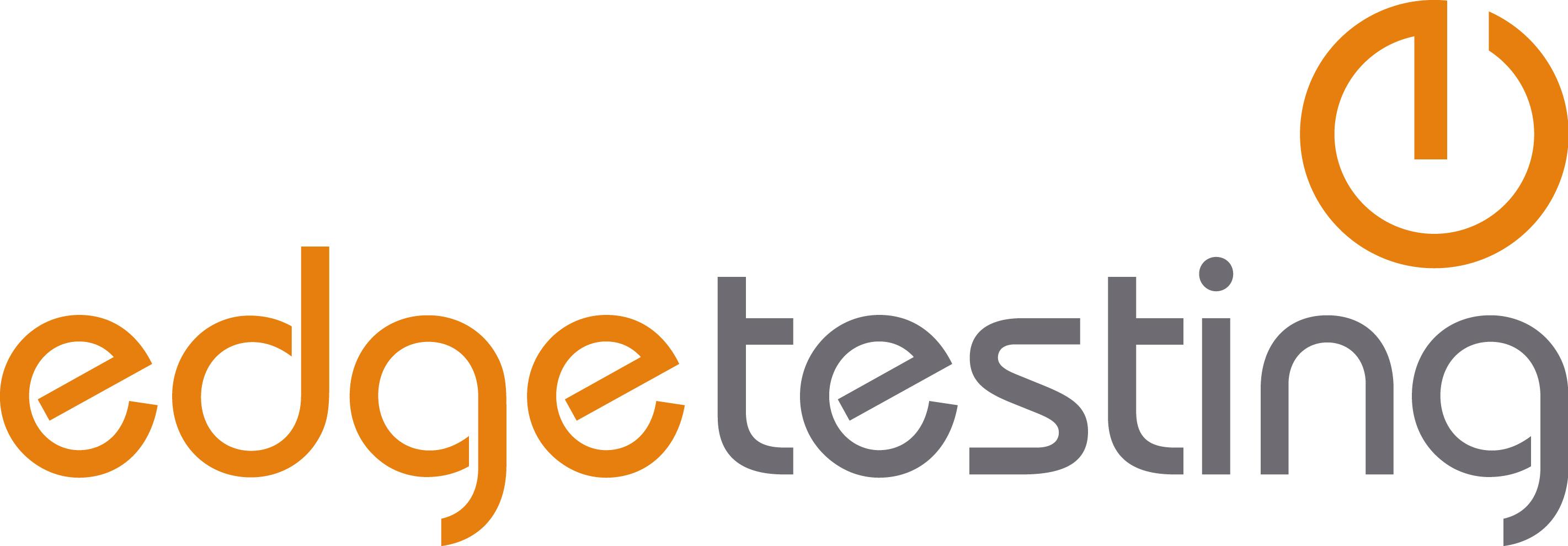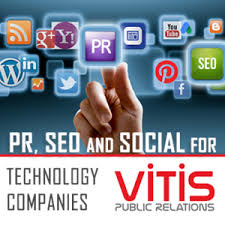2021 tech predictions: from COVID-accelerated opps to new jobs
 No-one can argue that the pace of change in 2020 was accelerated due to the pandemic, with companies unable to rely on traditional business strategies they’d set up at the start of the year from March onwards. But, up here in the North of England, technology companies implemented a whole host of innovations to ensure business continuity and success. Here are just some of the predictions that Northern tech companies think we should be looking out for next year….
No-one can argue that the pace of change in 2020 was accelerated due to the pandemic, with companies unable to rely on traditional business strategies they’d set up at the start of the year from March onwards. But, up here in the North of England, technology companies implemented a whole host of innovations to ensure business continuity and success. Here are just some of the predictions that Northern tech companies think we should be looking out for next year….
A switch to long-term remote working solutions
As more and more businesses and individuals turned to flexible and remote working in 2020, new technology implementation and software services adoption was prioritised to enable home working. The emergence of the coronavirus pandemic saw many traditionally office-based enterprises implement their disaster recovery and business continuity plans for the very first time.
Manchester-based software testing firm Edge Testing predicts a switch from temporary to long-term solutions next year, as remote working environments remain.
“Premises and offices were closed for extended durations amidst unprecedented lockdowns. Many businesses quickly needed to add new equipment, software subscriptions, and increased cloud capacity to their working practices. Some of the hastily put in place, temporary, and potentially risky solutions to enable remote work from the start of lockdown will be replaced with more robust, long term solutions.” Neil Cameron, Head of Technical Services, Edge Testing
AI will become more prevalent
BCN Group, a digital transformation and IT support company that began in Wilmslow and now has offices across Manchester, Leeds, Cheshire and Merseyside, predicts that AI will accelerate next year as a security measure for UK-wide businesses.
“COVID has and will continue to impact the way we all work. As businesses deploy their digital transformation plans, the role artificial intelligence plays in IT systems and networks will become even more prevalent. Organisations are adopting solutions such as Windows Virtual Desktop which use AI to provide seamless and more importantly secure working from any location.
For example, AI is used to track where users are located and the devices they are using.
“If an employee tries to log-in from an unknown or unapproved IP additional layers of security will be activated before they can log-in. Another example is impossible travel rules; if an employee logs-in from their smartphone in the UK and then logs-in from their laptop ten minutes later in Germany, a security warning is triggered. Ultimately, this gives the business a lot more control and far greater insights over user authentication and where systems, apps, files and data are being accessed from.” Simon Kelf, CEO and co-founder, BCN Group
IoT devices for security and social distancing
Information security services provider Commissum, which has offices in Leeds, believes that additional and IoT devices will be used more to ensure a wider security perimeter in 2021.
“Today’s massive and immediate change in working practices has seen, and will continue to see, wider use of mobile devices, laptops, smart home systems used for work advantage, and IoT devices used to enable distancing and replace human interaction.” Miguel Marques, Senior Test Consultant at Commissum
Hacker attacks will evolve once again
The move to remote working has offered cybercriminals new opportunities to target and breach entire business networks.
“Cyber attackers have almost certainly taken 2020 to ramp up their efforts as new business systems and networks (often in their infancy therefore leaving them vulnerable) become more distributed and cloud-based. Increasingly more people are using technology for work and in different ways, presenting new opportunity for hackers. Employers must be aware of the cyber attacks they could be vulnerable to at home. Isolated working practices may make workers more vulnerable to social-engineering attacks or bad practice without colleagues to consult with and with more opportunity to stray from secure on-premise work habits.” Miguel Marques, Senior Test Consultant at Commissum
Software and security testers experienced an uptick in new enquiries in 2020, and Edge Testing predicts that businesses who have yet to adopt stringent cybersecurity practices will certainly be considering the need for expert assistance in 2021.
“Sadly, our key respondents to the Covid-19 healthcare crisis – hospitals, public services, government offices – may continue to be at greater risk to ransomware and other cyber-attacks. Operations in these industries are critical, meaning they are at risk of paying the ransom to unencrypt their systems. Phishing emails are just one attack vector which can lead to significant data breaches and successful ransomware attacks. These phishing attacks are becoming more sophisticated with “deepfakes” using breached data, personal credentials, and even voice recordings and telephone calls to give an impression of credibility to illicit actors.” Neil Cameron, Head of Technical Services, Edge Testing
AI-as-a-Service and Quantum Computing advances
Edge Testing and Commissum also forecast that the use of AI-as-a-service and Quantum Computing will advance next year.
“AI is already being used in customer service, in e-commerce and industries where the analysis of big data can lead to process efficiencies or increased revenues. These AI-enabled systems need appropriate software and cyber security testing. AI is also now being used in testing. It can monitor all aspects of a network faster than human counterparts. AI can analyse “normal” network data in order to quickly alert to unusual activity in real-time that indicates an attack, hack or breach. AI technology for defect analysis can identify where defects and attacks are more likely to occur.”
“Quantum Computing will also continue to develop in 2021, though its game changing benefits likely won’t be realised for a number of years yet. Quantum Computing will enable AI on a whole new level, as well as increasing technology use and capacity, and prompting new security practices and even deeper system testing. With data and its analysis becoming key to business efficiencies, as well as in protecting them, the role of the data scientist in understanding these data flows and utilisation will evolve in demand and maturity.” Miguel Marques, Senior Test Consultant at Commissum
Cashless society to herald new job opportunities
With the push towards a cashless society greater now than ever before, more technology innovations and evolutions will emerge that are geared towards contactless payments in 2021. So, although Manchester’s Edge Testing expects to see technological advances in making payments easier and quicker, it also warns those advances must be more secure, which will open up the field of job opportunity in software testing, security measuring and quality assurance.
“Increased demand for IT services and cyber security will create opportunity for both skilled professionals and entrepreneurs who will create startups to meet the need for new ways of working. Both startups and established businesses however will continue to experience a shortage of skilled testers, but this will prompt businesses to use software testing businesses to train and build flexible resource that responds to demand.” Neil Cameron, Head of Technical Services, Edge Testing
Fans return to stadiums
After nearly a full year of fans not being allowed to attend live events, 2021 will see crowds return to stadiums, but Manchester-based audience engagement specialist Never.no advises that enhancing audience engagement through social media should still be a consideration.
“We’ll soon see audiences back in the studios and fans in stadiums, but the last eight months will have shown producers how they can connect with them on a global scale. We expect to see audience engaged content becoming more prevalent in live and pre-recorded programming, across platforms – all powered by cloud-based solutions. Content will evolve to include complementary technologies such as Augmented Reality, add social and real-time data to that mix, then it becomes a fabric of the show, rather than just a bolt-on and you’ll see more interactive and immersive socially-led content. Furthermore, 5G will immediately enhance acquisition and delivery of content beyond the primary screen, enhancing viewer experience more than ever.” Scott Davies, CEO of Never.no






 Stay right up-to-date with TechSparx. Read North England (North West, North East and Yorkshire) regional business technology news aggregated and also written by us, all in one place on TechSparx. Curated and brought to you by TechSparx.
Stay right up-to-date with TechSparx. Read North England (North West, North East and Yorkshire) regional business technology news aggregated and also written by us, all in one place on TechSparx. Curated and brought to you by TechSparx.

